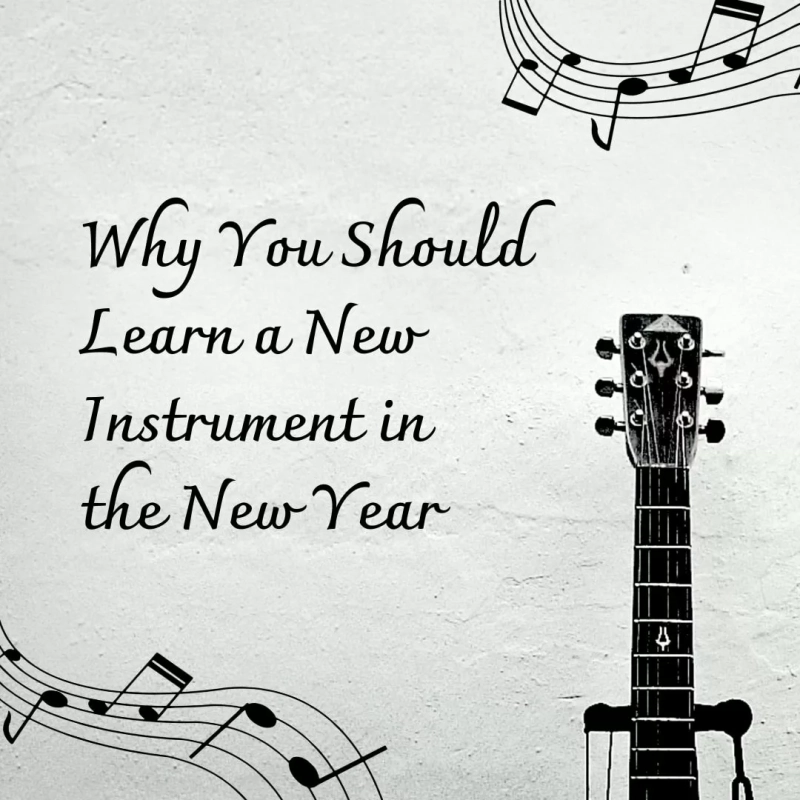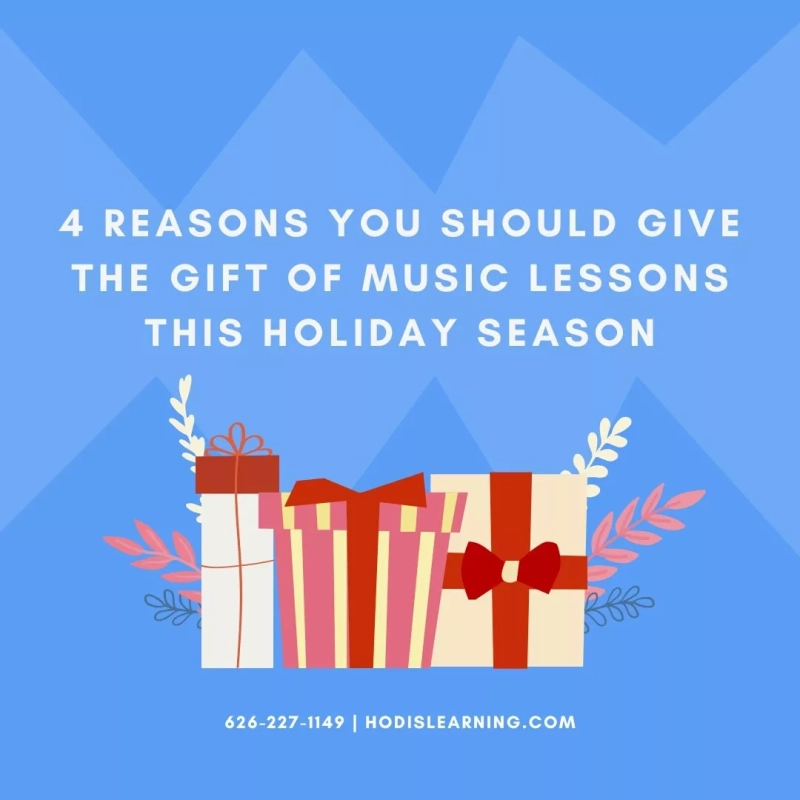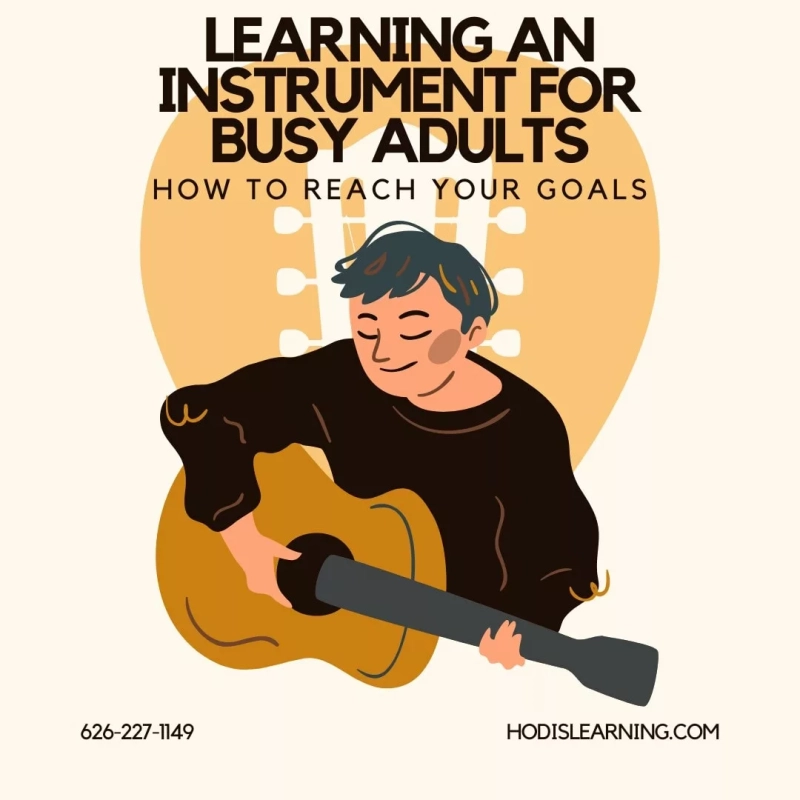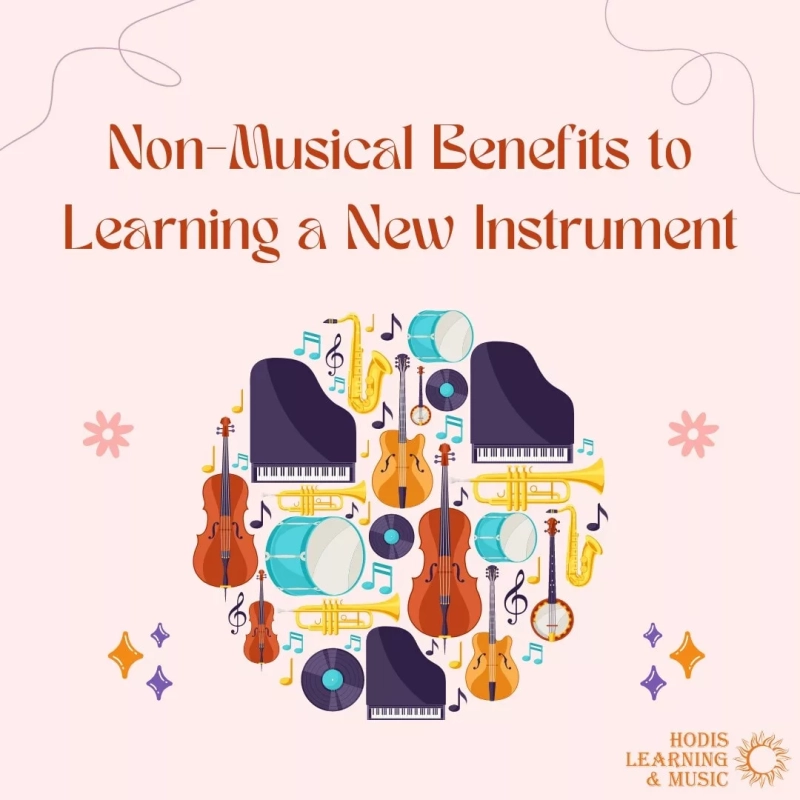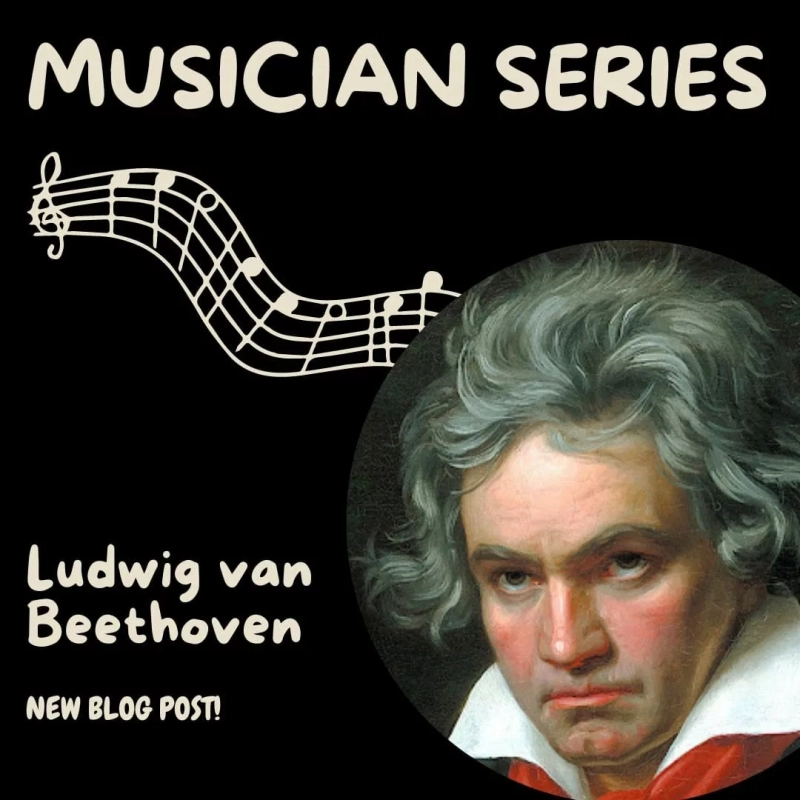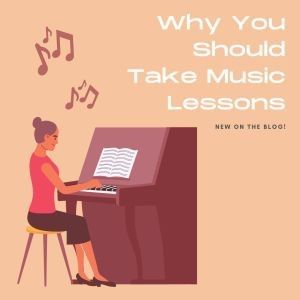It’s almost January 1, and we all know what that means: New Year’s Resolutions are here. With 2023 around the corner, the possibilities are endless. Consider learning a new instrument, and we’ll tell you why music lessons are a great resolution.
Bring Your Passion for Music to the Next Level
If you’re reading this article, then the chances are that you’re a music fan. Learning a new instrument gives you the opportunity to be a part of the music rather than just listening to the music. Whether you learn a Jimi Hendrix guitar solo, a Chopin piano classic, or an Adele vocal part, immersing yourself in the music is one of the greatest feelings.
Learn a New Lifelong Skill
Learning an instrument and the music theory behind it is an invaluable skill that will stick with you for the rest of your life. Once you’ve gotten the hang of the instrument and understand enough of the theory, you’re set to keep learning new pieces on your own for the rest of your life. You may even consider writing your own music! Whether you’re 6 or 60, 2023 is the perfect time to begin developing this new musical skill set.
Reap Cognitive and Emotional Benefits
Research shows that learning a new instrument builds connections in the brain, enhances memory, and strengthens executive skills. Playing an instrument is also meditative, where 100% of your focus is on the music. Research shows that music’s emphasis on the here-and-now provides stress relief and boosts emotional wellbeing.
Book Your Music Lessons for the New Year
Hodis Learning & Music’s expert music teachers have years of experience helping students learn new instruments and gain a deeper understanding of elemental music skills. Call us or email us today to get more information and schedule your first session.

